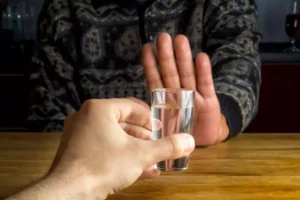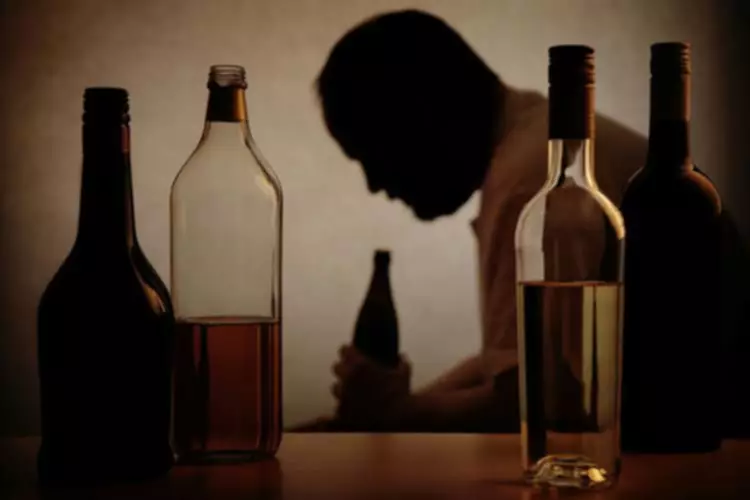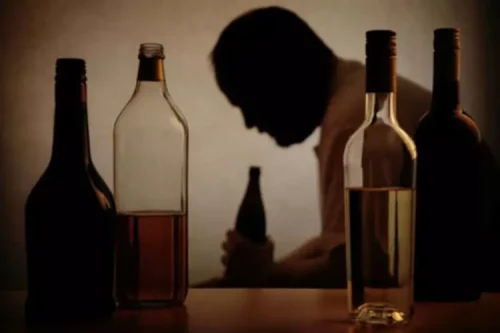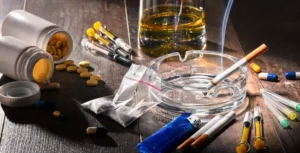
It is essential to identify and steer clear of unhealthy dynamics that can hinder recovery, such as associating with substance-using individuals or experiencing isolation and stress (American Addiction Centers). One of the great things about recovery and sobriety is that you have an opportunity to make new friends and create new types of connections. It can be scary and strange at first, but you may find amazing people who will support you during the process of recovery and maintaining sobriety.
Marginalized support
Replace the Nonstop Blamers in your life with individuals who own their actions and work collaboratively to resolve issues. Constructive feedback and mutual problem-solving lead to stronger, more Sober living house resilient connections. Instead of engaging with these individuals, focus on building relationships with those who celebrate your wins as their own. Seek collaborators who understand that shared victories are the ultimate success. Surround yourself with people who inspire you to reach greater heights, not those who hope to hold you back. Simply put, these people are anchors to your present and not the wind in your sail to a profoundly greater future.

Related Posts
- Some severe cases of substance use disorders require professional help to identify the root cause of addiction, which could be a family disease, and help you build better coping skills.
- Open communication is key in any relationship, especially for those in recovery.
- We are dedicated to providing you with the support and healing you deserve.
- I learned effective practices that will make my recovery journey a lifetime goal.
- In the delicate balance of early recovery, nurturing the self before intertwining with another is essential.
- If necessary, you can consider family therapy to help bridge the emotional gap with your loved ones and support your continued sobriety.
Discover “what is rehab?” and explore the journey from addiction to freedom through personalized therapy options. Unveil the power of movies about addiction and recovery, offering hope and understanding for those seeking redemption. Discover four triggers for relapse in recovery and learn how to navigate the path to lasting sobriety.
The Role of Nutrition in Supporting Recovery from Addiction

It’s essential for individuals struggling with addiction and their loved https://ecosoberhouse.com/ ones to seek help and support, both individually and collectively, to address these challenges and work towards healing and recovery. Setting up the best foundation that we can before adding to life responsibilities helps us succeed. We have work, family, faith, responsibilities, and goals to balance with our recovery.
Programs

Gratitude plays a pivotal role in recovery by fostering a positive mindset, essential for overcoming challenges such as addiction. It helps individuals shift focus from negative emotions like shame and guilt to appreciation and acceptance. Therapy and professional help are essential in healing relationships post-addiction because they provide a safe and structured environment for individuals to explore the underlying causes of their addiction. This professional guidance helps repair the emotional and trust issues that often arise due to addiction’s detrimental impact on relationships. Individuals in 12-Step programs can cultivate new relationships full of hope and positivity. 12-step groups, offered in inpatient and outpatient rehab facilities, relationships in recovery build community for individuals getting treatment for substance use disorders.

Additionally, individuals in recovery should focus on eliminating toxic relationships that may hinder their progress while fostering supportive connections that encourage healing. Ultimately, patience and dedication are vital, as recovery is a lifelong journey that reshapes how relationships are built and maintained. Navigating relationships during addiction recovery is a complex yet crucial aspect of the healing journey. As explored, healthy connections, whether familial, platonic, or eventual romantic, can provide profound support and bolster one’s resilience against relapse. Conversely, unhealthy dynamics pose serious risks, emphasizing the need for cautious and deliberate engagement with others while prioritizing personal growth. They offer more than treatment—they provide structure, support, and tools for healthier communication.
- Although rare, there are some work situations in which a person’s recovery status might possibly be held against him or her.
- Discover how alcohol disrupts hormones, impairs protein synthesis, and affects sleep.
- By actively participating in peer support groups, individuals significantly increase their chances of maintaining abstinence.
- Discover five surprising statistics about drug abuse in the US that reveal shocking truths behind addiction.
Moreover, addressing any underlying mental health issues is vital; these can increase the risk of relapse and strain relationships. Overall, fostering an environment of support and understanding, while prioritizing sobriety, is essential for both partners’ growth in recovery. In contrast, supportive partners can provide invaluable emotional backup throughout the recovery journey. They can help reinforce positive coping skills, encourage self-care, and celebrate milestones. When relationships are grounded in mutual respect and understanding, they create a safe environment that encourages healing and resilience against the challenges of addiction recovery. Empathy serves as a cornerstone in fostering healthy and supportive relationships during the recovery journey.

أحدث التعليقات